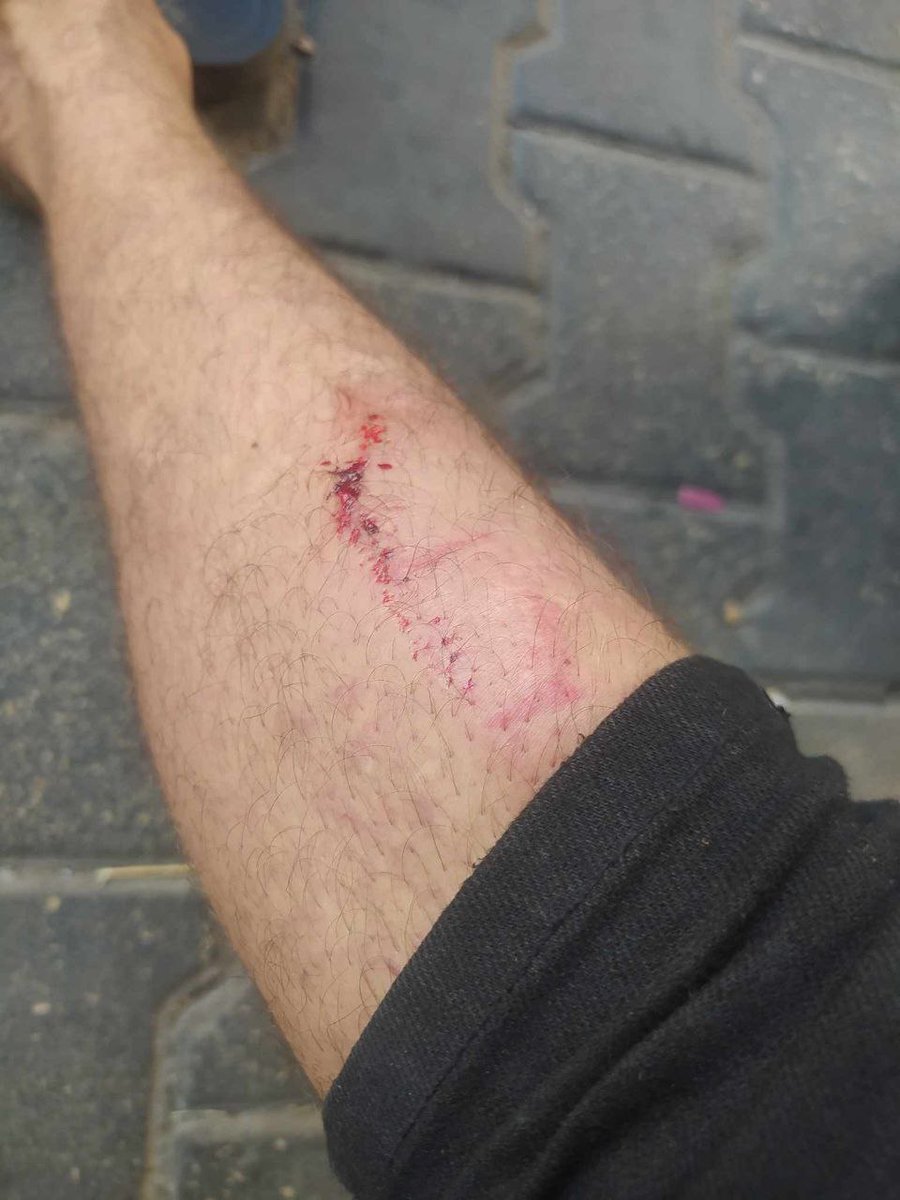By Daled Amos
If there was ever a time that Jews needed the help of the West, it was against Hitler.
And we all know how that turned out.
Put aside the refusal to bomb railroad tracks in order to slow down the transportation of Jews to their death in the concentration camps. And put aside how long it took countries to get together to make a united effort to save Jewish refugees who needed destinations in order to escape the Holocaust.
What happened when countries did get together with the sole purpose to help Jewish refugees escape the danger and find a new home? The answer is Evian.
And the results were not pretty.
In his new book, And None Shall Make Them Afraid, Rick Richman describes "Eight Stories of the Modern State of Israel" -- the stories of 8 Jews whose lives and actions contributed to the success of Zionism and the establishment of the Modern State of Israel. The 1938 Evian Conference intersects with the life of Golda Meir, who attended the conference, and the life of playwright Ben Hecht, who dealt with the Jewish leadership that followed and relied too much on world leaders they thought actually wanted to help.
The problem with Evian became clear before it even convened, starting with the invitation itself, which defined the goal as to
consider what steps can be taken to facilitate the settlement in other countries of political refugees from Germany (including Austria).
Notice that there is no mention of the identity of the refugees that the conference was supposed to help--Jews. Merely political refugees.
This avoidance was pervasive.
Richman points out:
To read the speeches of the nine-day Evian Conference, which convened on July 6, 1938, in the Hotel Royal's Grand Ballroom with 140 representatives from thirty-two countries, is to see a cascade of euphemisms, all designed to avoid using the words "Jews" (who were the subject of the Conference) and "Hitler" (who had created the problem the Conference was called to address). (p. 141, emphasis added)
This included the lack of any condemnation of Hitler or even any "message" addressed to him (p. 144).
That use of euphemisms is reminiscent of the tendency of today's media which in their headlines reduce Palestinian terrorist attacks on Israelis into cars that on their own volition run down Israelis --
At the conclusion of the conference, only the Dominican Republic was willing to accept Jewish refugees.
A political cartoon that depicted the situation of the Jews before the Evian Conference served as an accurate description of its result:
But Nazi Germany knew that the purpose was to help the Jews and not just refugees in general. Hitler's Foreign Office publicly gloated in response to the refusal of the participants in the Conference to offer to help:
it appears astounding that [those] countries seem in no way anxious to make use of these elements [the Jews] themselves now that the opportunity offers. (p. 148)
Richman writes about the inaction of the Conference:
It sent a signal to Hitler that no nation in the world wanted the Jews, that Palestine had effectively been closed as a place of refuge, and that German could deal internally with the Jews as it wished, without fear of even a critical resolution from the West. (p.148-149)
He notes that some historians find a connection between the failure of the Evian Conference and the Kristallnacht pogrom that occurred 4 months later. (p.149)
World leaders today are not doing much better. A look at the UN gives a snapshot of where those countries stand today.
And what about Jewish leaders?
During Kristallnacht, more than a thousand synagogues were burned and more than 7,000 businesses were destroyed. Hundreds of Jews died and 30,000 were arrested and sent to concentration camps.
What was the response from Jewish organizations?
Three days after Kristallnacht, the major American Jewish organizations met and formally agreed that "there should be no parades, public demonstrations or protests by Jews." They adopted a strategy of silence, out of fear that Jewish protests might lead to accusations of special pleading. [p. 158, emphasis added]
When Roosevelt condemned the pogrom 5 days later, he made no reference to Jews. What he did make were some generalized platitudes, concluding that there would be no protests and no increase in immigration quotas. The Jewish leader Rabbi Stephen Wise wrote at the time, "At long last, America has spoken."
Someone less satisfied was the Jewish playwright Ben Hecht, who once wrote about himself, "Most of the Jews I know are, like myself, a little startled to find themselves Jews." Despite what was, up to then, a weak Jewish identification, seven months after Kristallnacht, Hecht wrote a collection of stories in a book called A Book of Miracles. It included The Little Candle, which vividly recounted an international pogrom in Germany in which half a million Jews were murdered. He became friends with Peter Bergson, a follower of Vladimir Jabotinsky, leading to Hecht becoming even more active.
He wrote about what was happening in Germany, getting the word out at a time when FDR was doing nothing and Jewish leadership was passive. In March 1943, he wrote a script for a pageant at Madison Square Garden entitled "We Will Never Die," highlighting the dangerous situation of Jews in Europe. It featured a number of famous Broadway stage personalities. In his autobiography, Hecht writes about a phone call he received from Rabbi Wise reaction:
I have read your pageant script and I disapprove of it. I must ask you to cancel this pageant and discontinue all your further activities on behalf of the Jews. If you wish hereafter to work for the Jewish Cause, you will please consult me and let me advise you. [p.170]
Hecht hung up on him.
There were 2 sold-out performances the first night and 40,000 saw the pageant, with thousands more listening outside on loudspeakers. It went on to be performed in DC, Philadelphia, Boston, Chicago and Los Angeles.
In September, Hecht wrote a poem entitled Ballad of the Doomed Jews of Europe, which the Bergson Group had published in an ad in The New York Times.
And again, Jewish organizations were opposed:
Both the American Jewish Committee and the American Jewish Congress opposed the ad's publication when Hecht had proposed it at the end of 1942, fearing it was too provocative. When it was ultimately published a year later, another 1 million Jews had been murdered.
During this period, the Roosevelt administration took no action whatsoever to save the European Jews. (p. 172)
Finally, in January 1944, Roosevelt took action on the advice of his Treasury Secretary, Henry Morgenthau Jr, who informed him that the State Department was blocking aid to Jewish refugees. According to Morgenthau, if FDR did not act quickly, he would risk an election-year scandal. This is what led to the creation of the War Refugee Board.
The Board was successful in saving the lives of tens of thousands of Jews, but it came into existence far too late, after more than 5 million Jews had been murdered.
Jewish organizations failed.
Today, Jewish organizations again suffer from a lack of confidence.
The failure of the American Jewish establishment to counter the growing hostility toward the Jewish community [which] is endangering Jews across the country. This failure is scandalous.
...we have weak, politicized bureaucrats too often more concerned with their social status, the perks of power, and their organizations’ financial success than with their responsibility to defend the community. As can be seen in their priorities, staffing, and programs, they seem more loyal to a progressive ideology than to the safety of Jews.
Jews and Israel can no more rely today on the nations of the world to help them than it could when those same Western countries were needed the most. By the same token, Jewish organizations cannot afford to be complacent, valuing the connections with world leaders above the best interests of the Jewish people. At a time when there is growing friction between Israel and American Jews, it is even more important for Jewish organizations to put Jews and Israel before politics and progressive ideology
|
 Buy the EoZ book, PROTOCOLS: Exposing Modern Antisemitism today at Amazon! Buy the EoZ book, PROTOCOLS: Exposing Modern Antisemitism today at Amazon!
Or order from your favorite bookseller, using ISBN 9798985708424.
Read all about it here!
|

|




 Elder of Ziyon
Elder of Ziyon










































